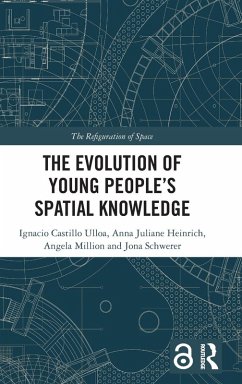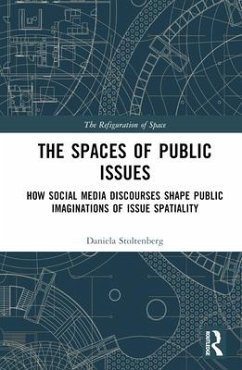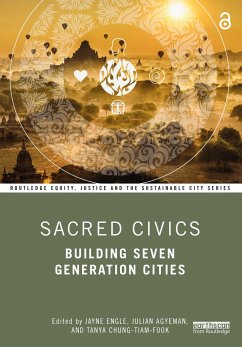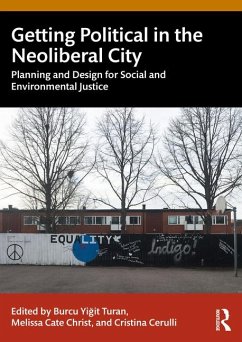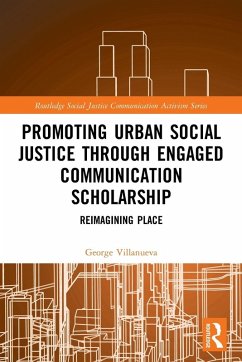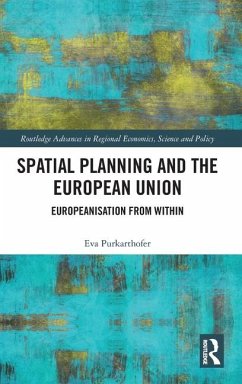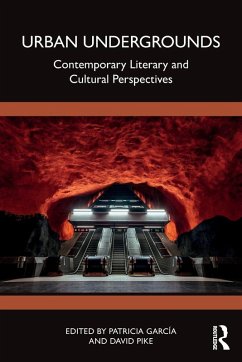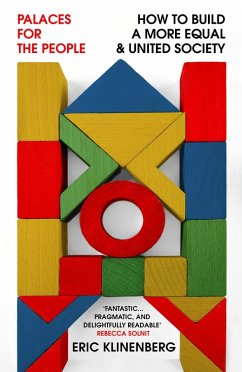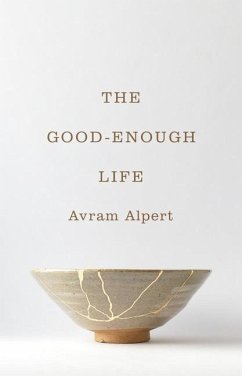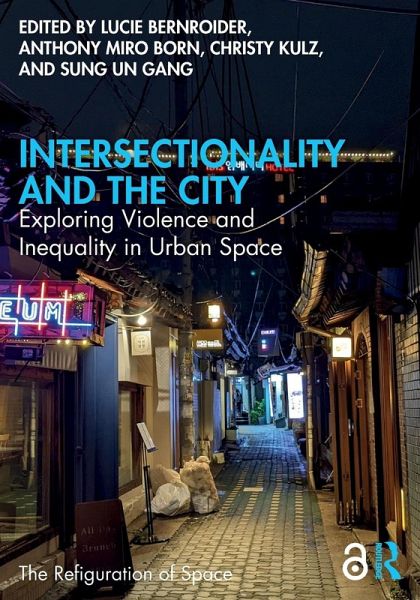
Broschiertes Buch
Intersectionality and the City
Exploring Violence and Inequality in Urban Space
Herausgeber: Bernroider, Lucie; Kulz, Christy; Miro Born, Anthony
Versandkostenfrei!
Versandfertig in 1-2 Wochen

PAYBACK Punkte
36 °P sammeln!




Intersectionality and the Cityenriches our understanding of urban inequality and violence by bringing together international scholars who integrate both intersectionality and spatiality in their analysis.
Lucie Bernroider, Dr., is an anthropologist at the Collaborative Research Center "Re-Figuration of Spaces" at Technische Universität Berlin. Her research interests include space, gender and class, neoliberal urban development, and the anthropology of violence, with a regional focus on South Asia. She holds a doctorate from the University of Heidelberg and has been a visiting scholar at the Delhi School of Planning and Architecture. Anthony Miro Born, PhD, is a sociologist and geographer with a particular interest in social inequality. Born's research focuses on the intersections of urban inequality and social class from multiple perspectives. He is currently an ESRC Postdoctoral Research Fellow at the London School of Economics and Political Science. Christy Kulz, PhD, is a guest professor of sociology at Technische Universität Berlin. Her research interests focus on cultural sociology, with particular attention to how intersectional inequalities are made through everyday practices in urban space. Her publications include the research monograph Factories for Learning (2017) and the edited collection Inside the English Education Lab (2022). Sung Un Gang, Dr., is a scholar of media and cultural studies at the Institute of Architecture, Technische Universität Berlin. As a research associate at the Collaborative Research Center "Re-Figuration of Spaces," he investigates the everyday spaces and digital communication practices of queer inhabitants in Seoul, South Korea. His main research areas include queer and intersectional feminism, urban culture and space, and postcolonial historiography.
Produktdetails
- The Refiguration of Space
- Verlag: Taylor & Francis Ltd
- Seitenzahl: 282
- Erscheinungstermin: 6. Juni 2025
- Englisch
- Abmessung: 254mm x 178mm x 16mm
- Gewicht: 596g
- ISBN-13: 9781032868769
- ISBN-10: 1032868767
- Artikelnr.: 72654201
Herstellerkennzeichnung
Libri GmbH
Europaallee 1
36244 Bad Hersfeld
gpsr@libri.de
Für dieses Produkt wurde noch keine Bewertung abgegeben. Wir würden uns sehr freuen, wenn du die erste Bewertung schreibst!
Eine Bewertung schreiben
Eine Bewertung schreiben
Andere Kunden interessierten sich für


